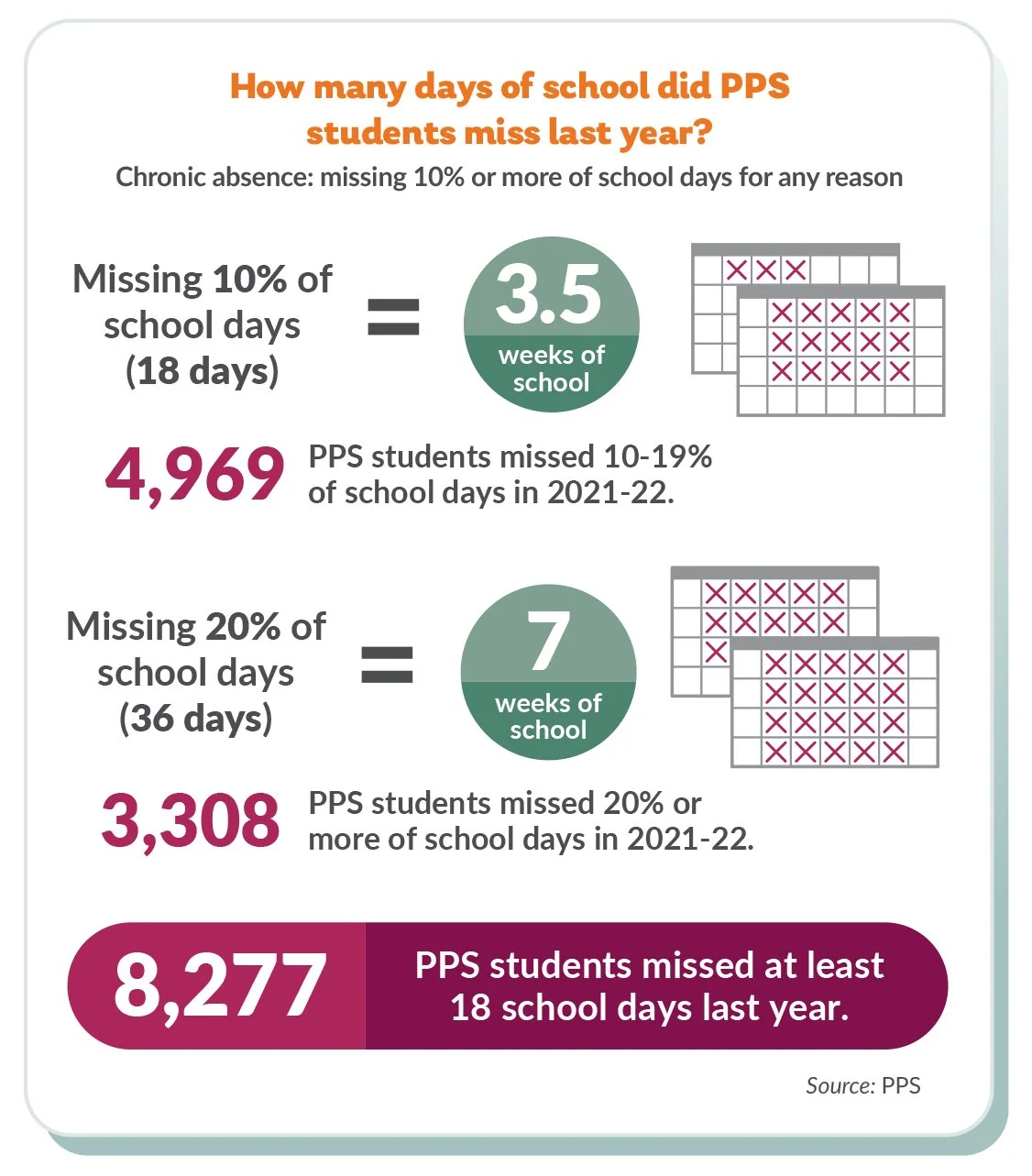The Student Assistance Program
Rising up: The Student Assistance Program
2022 | Written by Faith Schantz, Report Editor
One core intervention for providing students with direct help is the Student Assistance Program (SAP). Anyone—from a parent to a friend to a cafeteria worker to students themselves—can make a referral to SAP. Elena Runco, director of Student Support Services for Social Workers, says a SAP referral can be for any issue that affects a student’s well-being. “So whether it’s someone noticing that academically they’re struggling, a student sleeping in class, a student voicing feelings of depression, feelings of anxiety, grief and loss, homelessness…whatever they may identify is affecting their ability to function in school.”
The confidential process involves input from the student, a parent or guardian, and the school’s SAP team, which usually includes an administrator, teachers, the nurse, a psychologist, and the social worker or counselor, all of whom are accountable for outcomes, Runco says. If the school has one, an SAP liaison—a staff member from a partnering agency or provider—also participates. Once they have decided a referral is warranted, a team member contacts the student’s parent for permission to begin.
While it differs by school, Runco recommends that teams assign a case manager, who is responsible for gathering data about the student. Teachers are asked to complete forms, the case manager interviews the student, and parents are asked to complete a “Parent Checklist.” The checklist asks parents to indicate the strengths and positive traits their child exhibits, such as Recognizes and respects appropriate boundaries and Works well in a group. A section with open-ended questions includes Describe any recent changes at home that may be interfering with academic or behavioral progress and What does your child tell you about school? Parents are also asked to share any particular concerns about their child’s academic progress, behavior at home, emotional well-being, and/or relationships with peers.
When it comes to creating an intervention plan, the most important information is whatever the student has volunteered. During the interview, “The students are revealing what they need or what’s going on with them,” Runco says. For example, a student might say it’s hard to come to school because she has trouble making friends. To address the issue, the team might recommend a social skills group, and might check in with the student to see if there was an attendance incentive that would work for her. Necciai adds that when students have input into the nitty-gritty of the plan, it creates a level of ownership that motivates them to participate.
Ideally, parents continue to be involved as well, through check-in calls with the case manager, social worker, or SAP liaison about how the interventions are going at school, what they are seeing at home, and whether they have been able to access any recommended services outside of the school. Often, Necciai says, “The first plan you put in place or the second or the third isn’t really it. You have to continue…before you get to something that’s ultimately what everybody’s looking for. And I think parents have to be involved in every step of that process.” When they do have to tweak the plan, he says, open communication helps to alleviate any frustration or anxiety parents may feel.
Both Necciai and Runco encourage parents to introduce themselves to school staff before the need for an SAP referral arises. “We don’t want that to be the first interaction,” Necciai says. Runco adds that she hopes parents will talk to a teacher, social worker, or counselor when a student has suffered a loss or a trauma, including a separation or divorce, whether or not it triggers a referral to SAP. “It goes both ways,” she says. “We want to make sure we’re communicating to families, but it really helps us as a school to have parents trust us enough to have that communication back, so that we can head off anything that might be going on, and provide support right away.”
A+ Schools staff can coach parents/guardians through conversations with school staff about a child’s academic progress, a disciplinary action, a Student Assistance Program referral, a special education referral, and other issues. Contact us by emailing info@aplusschools.org or calling the PLC Family Hotline at 412-256-8536 if you need help supporting your child.


